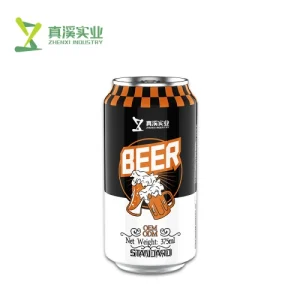Sourced from PixabayBeverage cans are the most powerful tool in this portfolio, entirely picking aluminum containers which can be recycled and re-molded forever without losing quality. Aluminum can be melted down and reformed over and over, which makes it one of the most recyclable materials. According to the Aluminum Association, aluminum is infinitely recyclable - which helps explain why nearly 75 percent of all aluminum ever produced remains in use today.
Only five percent of the energy drain that produces new aluminum from raw ore. This energy efficiency results in substantial cost and environmental savings as well. When one ton of aluminum is recycled, the industry saves 14,000 kWh of electricity and reduces greenhouse gas emissions by up to 95%.
For example, beverage cans recyclings process such as collection, sorting shredding melted to produce new aluminum. Secondary aluminum is identical in every way to primary aluminum, ready for use again. After all, 90% of the material used in beverage cans is recycled aluminum in the U.S., showcasing a significant investment by industry to source sustainably.
The success of aluminum recycling programs can be seen in historical data. Several attempts to recycle like something resembling a carton in some states have resulted already proved the rates of up o 85% and higher (much better than what other american sates withouth such program do) The system also provides an incentive for consumers to return end-of-life cans, guaranteeing a continuous feed of recyclable input.

This is something industry innovators always praise, talking up the importance of recycling. Or as Klaus Kleinfeld, former CEO of Alcoa put it: "Aluminum is endlessly recyclable; making aluminum the greenest-and most efficient-choice for beverage packaging." This echoes the industry tilt towards minimising environmental burden while still addressing application performance metrics.
The circular economy, which involves repeatedly using materials without generating waste, will benefit from beverage cans being recycled more often. This also reduces land filling, and serves as an important step towards the global sustainability goals by conserving vital natural resources. According to the Ellen MacArthur Foundation, transitioning to a circular economy could cut global waste by 45% in just over three decades from now.
It also benefits consumers and manufacturers by providing cost-effective recycling. The cost of recycled aluminum is far cheaper than primary aluminum, which helps in reducing the production costs on beverage companies. Those savings can then be passed along to the consumer, making sustainable packaging a cost-effective solution.
One benefit of the beverage can is its infinite recyclability, indeed an emphasis both environmentally and economically. To learn more about the types of aluminum used in beverage cans, go to Beverage Cans.